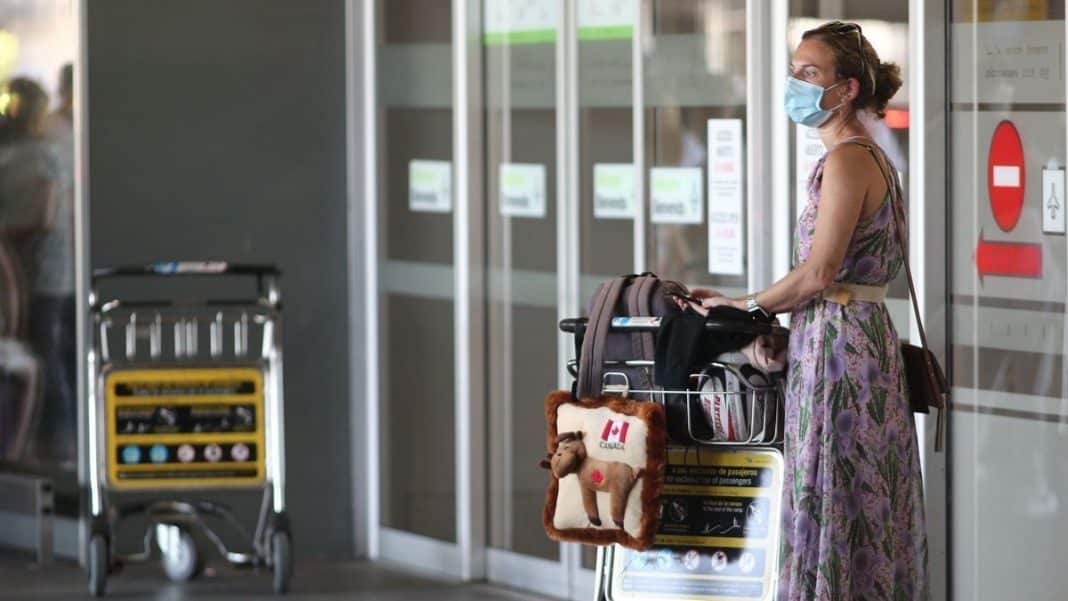The European Union is starting to relax measures against covid-19 on transport. The new protocol agreed on by the European Centre for Disease Prevention and Control (ECDC) and the European Aviation Safety Agency (EASA) recommends the elimination of the mandatory wearing of masks on board aircraft and at airports. The announcement responds to the high levels of vaccination and naturally acquired immunity as well as the increasing decisions of many Member States to lift restrictions imposed against covid19.
“It is a relief for all of us that we are finally reaching a phase of the pandemic where we can start to relax health security measures. For many passengers and also for crew members there is a strong desire for facemasks not to be a mandatory part of air travel,” welcomed EASA Director Patrick Ky, who also indicated that passengers should continue to comply with the requirements made by individual airlines when preventive measures are optional, make responsible decisions and respect the choice of other passengers. “In particular a passenger who is coughing and sneezing should consider wearing a facemask to reassure those sitting nearby,” he added.
Removal of mandatory masks effective from May 16th
The new recommendations will take effect as of May 16th although the rules on facemasks will continue to vary by airline. For example, flights to or from a destination where facemasks are still required to be worn on public transport should continue to encourage the use of facemasks. In addition, vulnerable passengers should continue to wear a mask regardless of the regulations, and ideally of the FFP2/N95/KN95 type, which offers a higher level of protection than a standard surgical mask. “Although the mandatory use of masks is no longer recommended in all situations, it is important to keep in mind that, together with physical distancing and good hand hygiene, it is one of the best methods to reduce transmission,” ECDC Director, Andrea Ammon, reminded.
The new protocol also encourages passengers to respect distance measures in indoor areas, including the airport, whenever possible. But airport operators should take a pragmatic approach in this regard. For example, they should avoid imposing distancing requirements if these are very likely to cause a bottleneck elsewhere in the passenger journey, especially if they are not required nationally or regionally in other similar environments.
Although many states no longer require passengers to submit data via a passenger locator form, the protocol recommends that airlines keep their data collection systems on standby so that this information can be made available to public health authorities if necessary. For example, in the event of the emergence of a new variant of concern that is identified as potentially more dangerous.
For the full article, please visit Diario de Ibiza website here.

